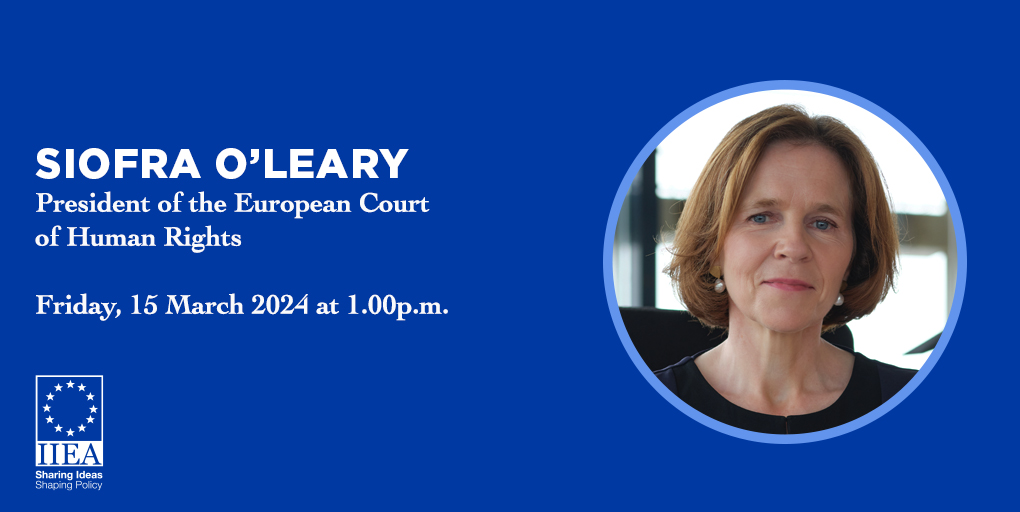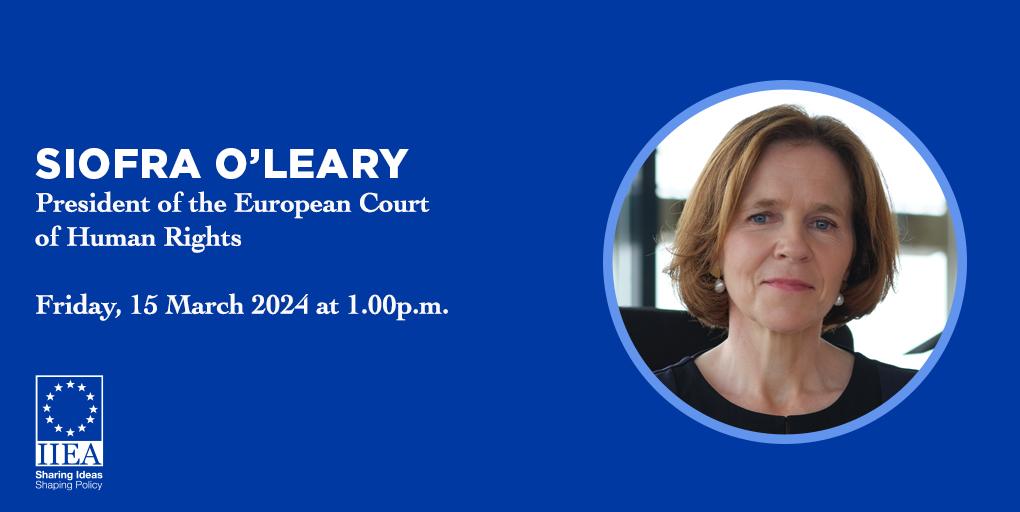The Challenged, Challenging but Very Necessary ECHR

The 1949 Statute of the Council of Europe requires Member States to accept the principles of the rule of law and of the enjoyment by all persons within its jurisdiction of human rights and fundamental freedoms, on pain, in cases of serious violations, of expulsion. One of the principal means for achieving greater unity and safeguarding the signatory States’ common heritage was and is the European Convention on Human Rights and its innovative mechanism for the collective enforcement of individual rights.
75 years on, President O’Leary discusses what sort of challenges the European Court of Human Rights is facing as it seeks to uphold democracy, the protection of human rights, and the rule of law across 46 States. Further, President O’Leary addresses what challenges the Court’s judicial work poses for national systems and why, despite some legitimate criticism of the Convention system, we in Europe should not lose sight, at this critical point in history, of what that system was established to do: namely, to monitor compliance with the minimum standards necessary for a democratic society operating within the rule of law.
About the Speaker:
Síofra O’Leary has been a Justice of the European Court of Human Rights (ECtHR), elected in respect of Ireland, since 2015. Having served as a Section President and Vice-President since 2020, she was elected President of the Court in 2022. Prior to the ECtHR, President O’Leary worked for many years at the Court of Justice of the European Union. She is a Visiting Professor at the College of Europe in Bruges and was previously Assistant Director of the Centre of European Law at the University of Cambridge and a fellow of Emmanuel College.
Find the link to a copy of the speech delivered at the IIEA by Siofra O’Leary here.

